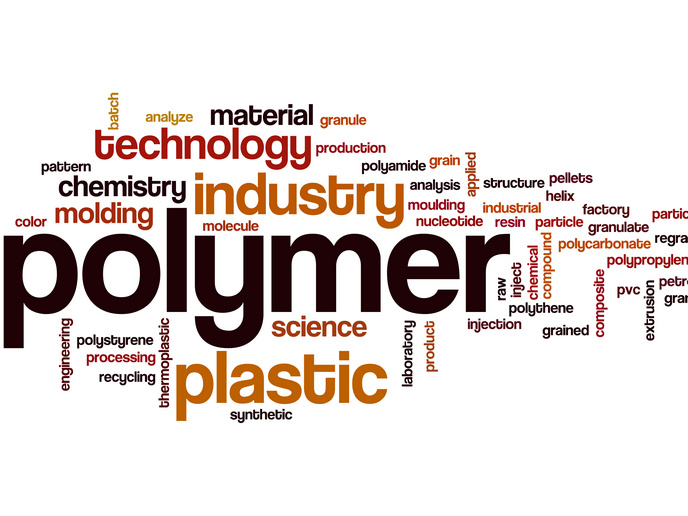Sustainable, one-step, metal-free menthol synthesis
Owing to its uniquely fresh taste and smell, menthol is perhaps the world’s most popular organic compound added to many daily products such as toothpastes, shower gels or cooling ointments. It is either extracted from natural sources such as peppermint oil or more usually, to meet high demand, produced synthetically. The largest commercial production, using the so-called BASF method, is based on a series of chemical reactions which turn bulk chemicals into menthol. The process involves the late-stage conversion of citronellal(opens in new window) into isopulegol, which is then converted into menthol. Despite being highly efficient, the process is costly. It often relys on heavy metal catalysts for key steps, such as the conversion of isopulegol to menthol, which can result in product contamination and environmental degradation. The European Research Council(opens in new window) funded NEUTRAMENTH project has built on the serendipitous VINCAT project finding that aromatic compounds, known as terpenes, such as citronellal, could be transformed into substances like menthol in a single step, without using toxic heavy metal catalysts. NEUTRAMENTH set out to further optimise the process, demonstrating its technical feasibility and viability, while conducting further market analysis. “We not only demonstrated the single-step, direct conversion of citronellal to menthol, but also stumbled upon some unexpected results which allow us to widen our focus to other valuable terpenes,” explains principal investigator Nuno Maulide of the University of Vienna(opens in new window), the project host.
Solving the ‘menthol problem’ and beyond
Within the ongoing ERC VINCAT project, Maulide’s group has discovered a ground-breaking carbon-carbon reaction that forges the chemical bonds necessary for the single step production of menthol from citronellal without requiring metal catalysts. This work is underpinned by so-called ‘redox-neutrality’ which couples oxidation and reduction reactions into the same step. This technique can oxidise molecules using another part of the same molecule and avoids external reactions which generate wasteful by-products. These are often metal-based. “It sounds simple, but this is an emerging area of organic chemistry,” explains Maulide. During the project the team was able to show the technique successfully prepares menthol with appreciable, but not yet optimal, selectivity in a single operation from citronellal at laboratory (gram) scale. Crucially, the work also opened up downstream possibilities, if the technique was modified and applied to new classes of valuable terpenes. “Using this technology to make other terpenes and even prepare novel substances resembling terpenes such as Menthol, but which carry structural modifications could have incredible potential,” says Maulide.
Rebooting an industry
Menthol is a popular ingredient used medicinally in ointments, cough drops, and nasal inhalers, as flavouring or scent in foods, liqueurs, cosmetics and perfumes. It is widely used in dental care as a topical antibacterial agent, and has shown to be effective against several strains of streptococci and lactobacilli(opens in new window). The natural extraction of menthol has not been able to keep up with this widespread demand for decades now, necessitating synthetic alternatives. “Using our modified chemical procedure would be a game-changer for an industry that hasn’t changed much for decades!” says Maulide. To take the work forward, the team will conduct scaling-up experiments to verify whether the results hold up when the chemical transformations are run at larger scales, critical if the process is to become a viable alternative to current procedures.







